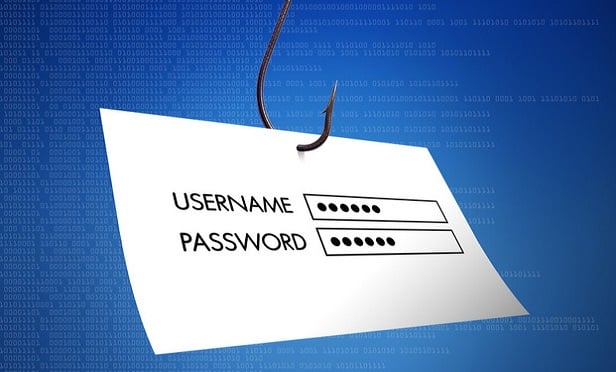 No employer sets out to hire a dishonest worker, but the fact is that often the most tenured and trusted employees commit these crimes. (Photo: Shutterstock)
No employer sets out to hire a dishonest worker, but the fact is that often the most tenured and trusted employees commit these crimes. (Photo: Shutterstock)
Imagine finding out that your bookkeeper was forging your signature and issuing herself illicit checks. Or that she was using the company credit card to pay personal bills or buy personal items.
Although unnerving, scenarios like these happen every year to honest business owners. It's no small potatoes loss, either. Insider fraud costs businesses tens of thousands of dollars because, by the time it's detected, the theft has occurred over many months, often resulting in a six-figure financial loss that can decimate a company's solvency.
What motivates an employee to steal from his/her employer?
Every fraudster shares three characteristics that lead him/her to steal. They are:
- A perceived, unshareable financial need, such as a gambling problem, mounting debt or greed.
- The opportunity to access company money for personal use.
- The ability to rationalize that the theft is earned or justifiable.
Related: What coverage applies to alleged thefts by employees?
Want to continue reading?
Become a Free PropertyCasualty360 Digital Reader
Your access to unlimited PropertyCasualty360 content isn’t changing.
Once you are an ALM digital member, you’ll receive:
- All PropertyCasualty360.com news coverage, best practices, and in-depth analysis.
- Educational webcasts, resources from industry leaders, and informative newsletters.
- Other award-winning websites including BenefitsPRO.com and ThinkAdvisor.com.
Already have an account? Sign In







